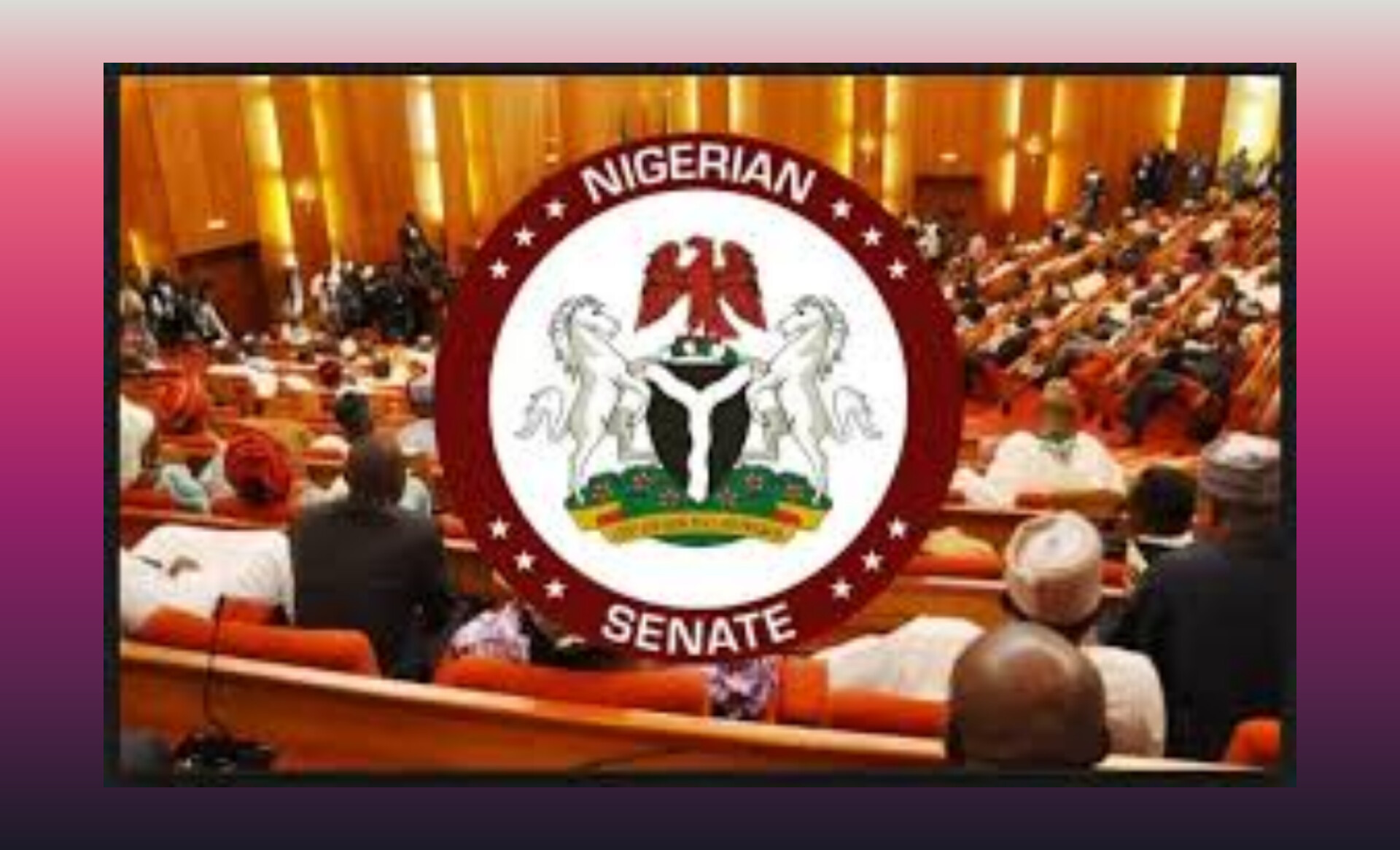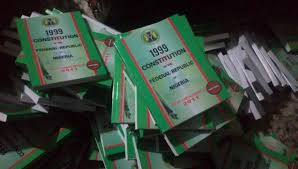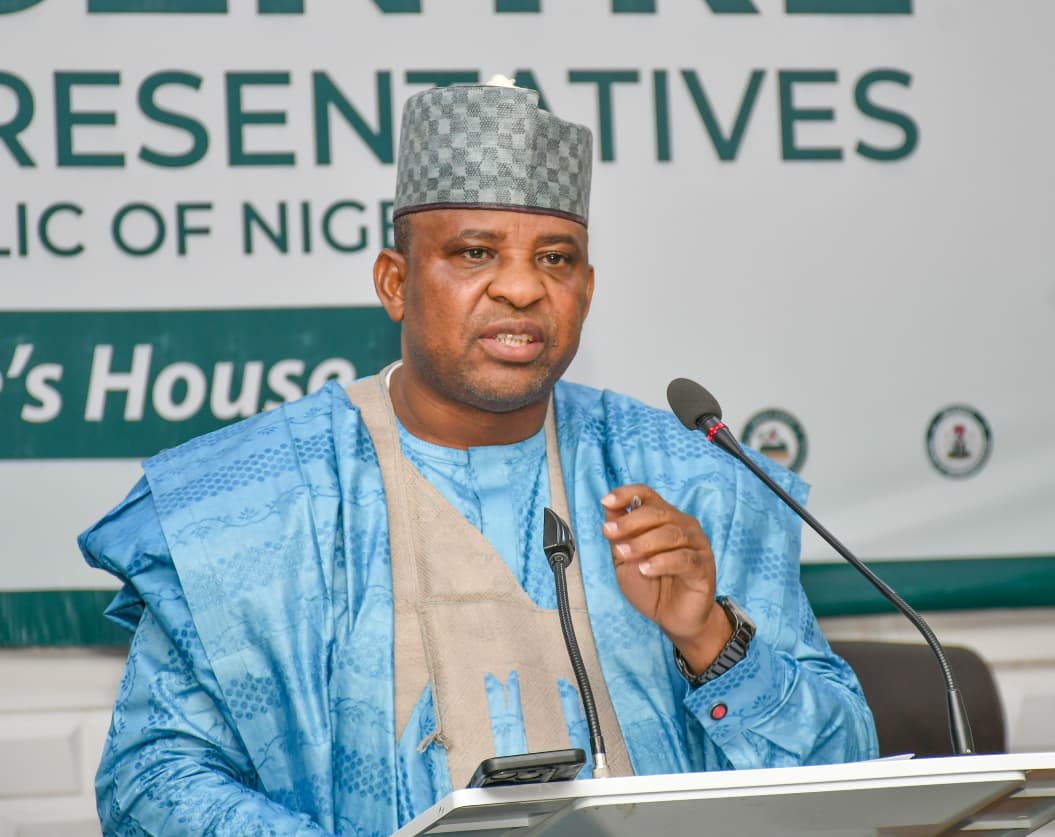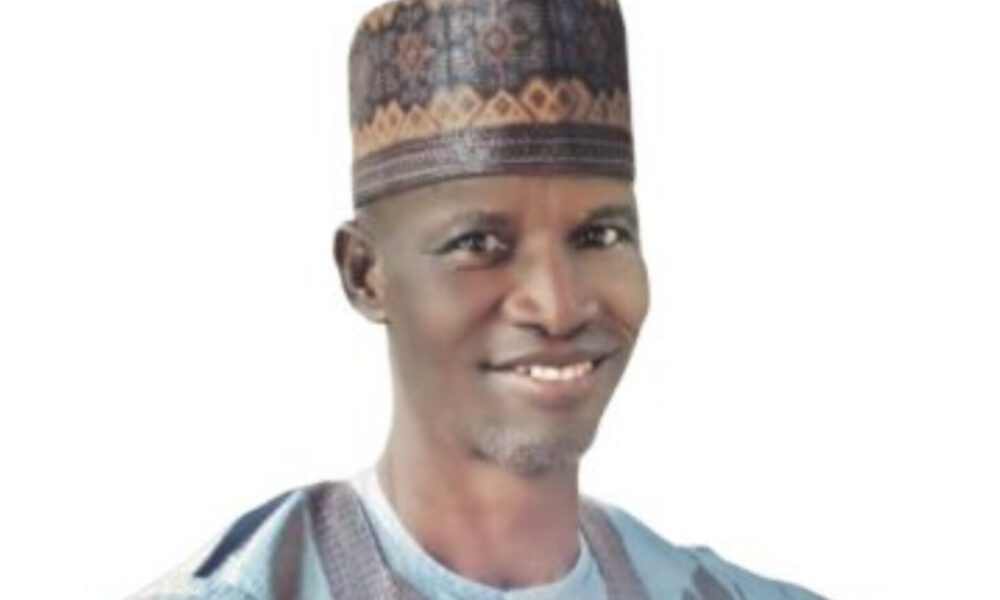To ameliorate the incessant annual flooding of River Benue in what it described as permanent solution, the Senate on Tuesday urged the Federal Government to construct the Dasin Hausa Dam
The red chamber also urged the Federal Government to intervene, through the Ecological Fund Office, by constructing some of the flood prevention structures such as embankments at key points along the Benue River and other rivers in the country.
This the upper legislative chamber said is to protect farmlands, infrastructure and downstream communities in the Benue trough.
The Senate’s resolutions came following a motion sponsored by Sen. Binos Yaroe (PDP-Adamawa) during plenary on Tuesday.

The motion is entitled: “Urgent Need to Address the Recurring Issue of Flood-Induced Damages caused by the willful release of water from the Lagdo Dam in Cameroon: “The Need for a permanent solution to the problem.”
The motion was co-sponsored by 15 other senators.
Moving the motion, Yaroe lamented that when Lagdo Dam in Cameroon was to be constructed in the 1980s, it was agreed that Nigeria would construct a buffer dam in Dasin Hausa, Adamawa.
This, he said was to serve as a buffer dam to contain spills from Lagdo Dam, but regrettably to date, the Dasin Hausa Dam has not been constructed.
He recalled the announcement by NEMA that the recent release of water by Lagdo Dam in Cameroon would cause more flood disaster downstream the Benue River.
“This will affect eight states, Adamawa. Taraba, Benue, Kogi, Anambra, Edo, Delta and Bayelsa.
“A large portion of the land mass of Adamawa, Taraba, Benue and Kogi states lie within the Rive Benue trough which is flooded every rainy season occasioned by natural run-off and discharges mainly frome Lagdo Dam.
“The communities living in the aforementioned River Benue plains engage in the cultivation of different crops both in the wet and dry seasons.
“The frequency and intensity of hydrological hazards such as flood as being experienced anually from unregulated releases most especially from Lagdo Dam will continue to cause various forms of catastrophic outcomes unless a lasting solution is implemented.”
The resolutions were unanimously adopted by the senators after a voice vote by the Deputy Senate President, Jibrin Barau who presided over the plenary.




